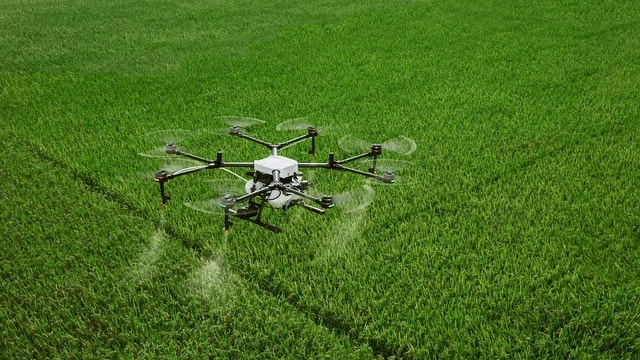
- Faculty: Horticulture and Landscape Architecture
- Type of studies: second-cycle (full time) studies/Master’s (Engineer’s) degree
- Duration: 3 semesters
- Language of instruction: English
- Diploma: recognized within European Union
-
Information about the programme
Plant protection is a very important and, at the same time, difficult element of plant production. This field of study provides extended knowledge in the area of: monitoring pathogens and pests in agricultural, horticultural and forest crops, plant resistance to environmental factors, crop protection against weeds and weather phenomena, pesticide ecotoxicology, sustainable plant protection. Students learn methods and techniques of plant protection, including non-chemical and chemical methods to control harmful organisms in accordance with the principles of integrated pest management (IPM).
The graduate acquires skills to identify pathogens, pests and symptoms of non-infectious plant diseases using various diagnostic tools. Student gains the ability to choose methods of reducing pests in crops and the human environment, learns the binding legal regulations in the field of plant protection and organization of phytosanitary control, has knowledge of running business, rules and techniques of advisor work and obtaining European Union funds for projects in agriculture.
-
Career perspectives
Knowledge and practical skills gained during the studies allow the graduates to take up an interesting job and to embody their own passions and interests.
The graduate will be prepared to work in:• state offices related to the control of plant products (border points for plant inspections in the country and in the European Union countries, (e.g. State Plant Protection Inspection),
• analytical laboratories,
• agricultural advisory centres,
• companies dealing with the protection of urban greenery,
• scientific units,
and also will be able to:
• run his own business (plant production and distribution of plant protection products),
• work as a consultant and advisor for plant protection in garden centres.
University of Life Sciences in Lublin
13 Akademicka Street, 20-950 Lublin
VATIN 712 010 37 75
REGON no. 000001896
ePUAP: /UP-Lublin/SkrytkaESP



